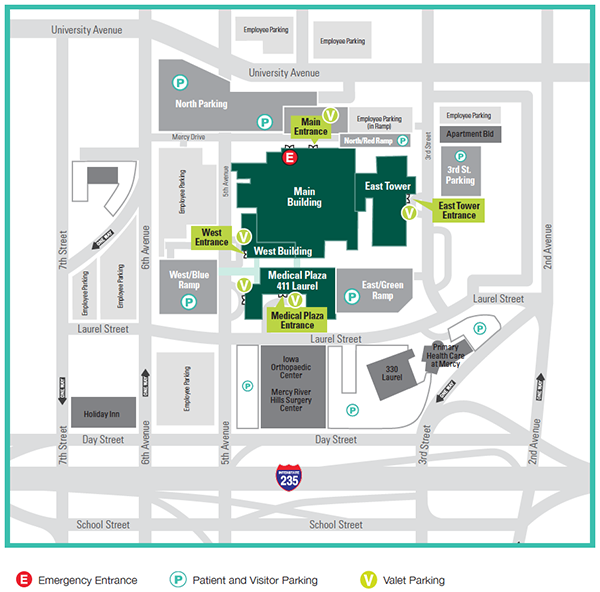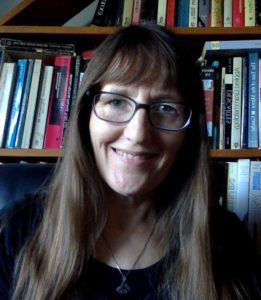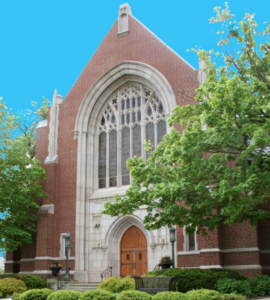The second Meet My Religious Neighbor (MMRN) of the spring semester occurred on a warm Sunday afternoon on March 8th from 11-2 pm. It took place at the Hindu Temple and Cultural Center of Iowa, and beyond discussing the religion itself, visitors were able to participate in Holi. Holi is the celebration of the banishment of the demon Holika and the triumph of good over evil. During this festival, they banish negative thoughts, emotions, and energies allowing the fire to consume them. The colors represent happiness and the sharing of happiness without judgment.
I have driven past the Temple many times as it is on the way to my grandparent’s house. It is beautiful and unlike any of its surroundings. Situated in the middle of a cornfield down a gravel road, is a beautiful overarching Hindu Temple. The entrance on the side directs you to a room where you are able to leave your shoes and coats. After this, I joined a large group of people gathered in the main area of the temple, where statues of the gods could be observed. Looking back at the past MMRN, this event had a much larger turnout. We circled around one of the main priests and listened to the history of the Temple in Madrid and Hinduism. One thing was prominently repeated which was that Hinduism is more than a religion, it is a way of life.
After a while, a woman took over the tour. She guided us around the Temple counter-clockwise, beginning with Vishnu in the middle. During the tour, she introduced us to each God and their story. Unfortunately, as this was a larger event, I was not able to hear or see everything perfectly during the tour, but I am sure there was, even more, to be discussed. I will admit, it is also difficult to focus in these situations because you are in such a different and new environment filled with unknown people, so don’t be too hard on yourself if you attend and find yourself getting distracted by all the rich culture surrounding you!
Ella Stafford
First-Year Religions of Des Moines Student
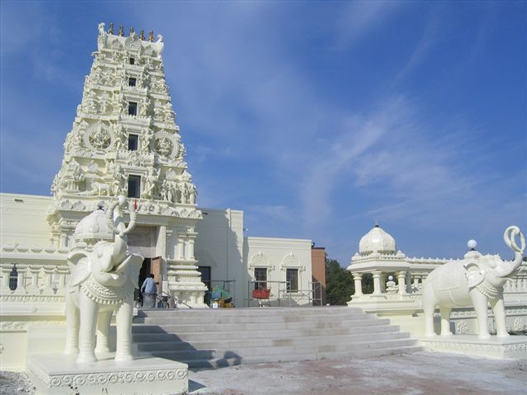
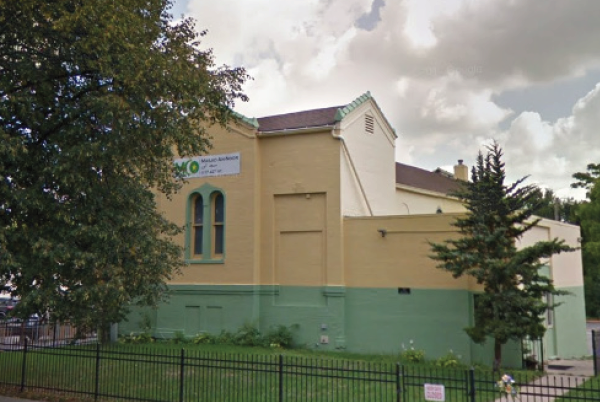
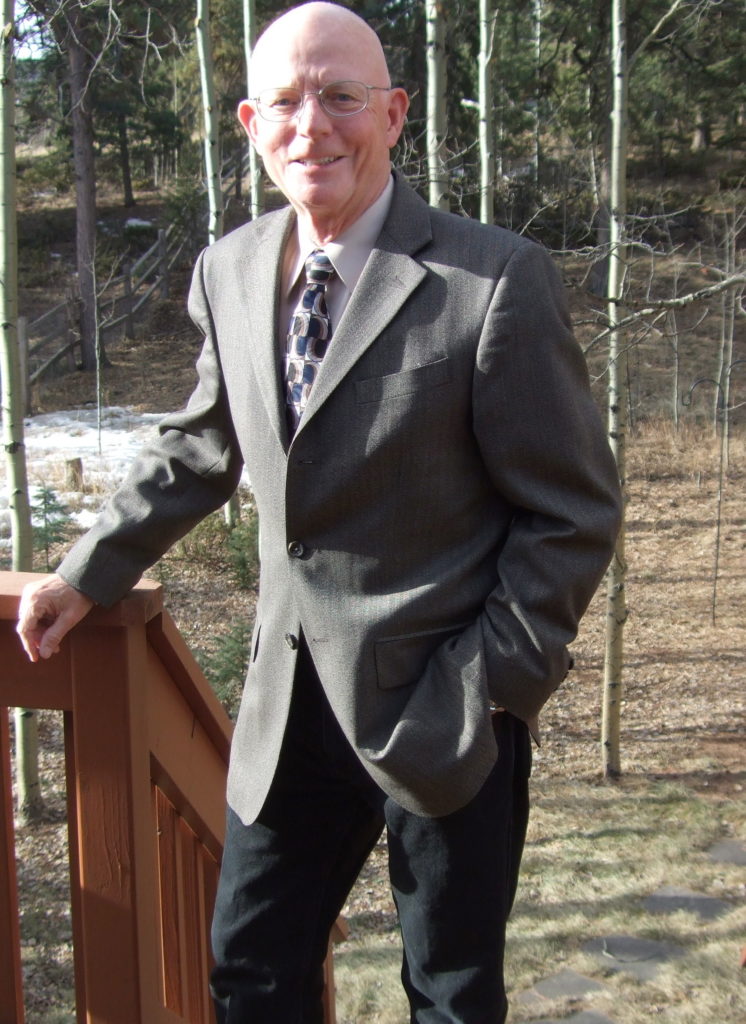
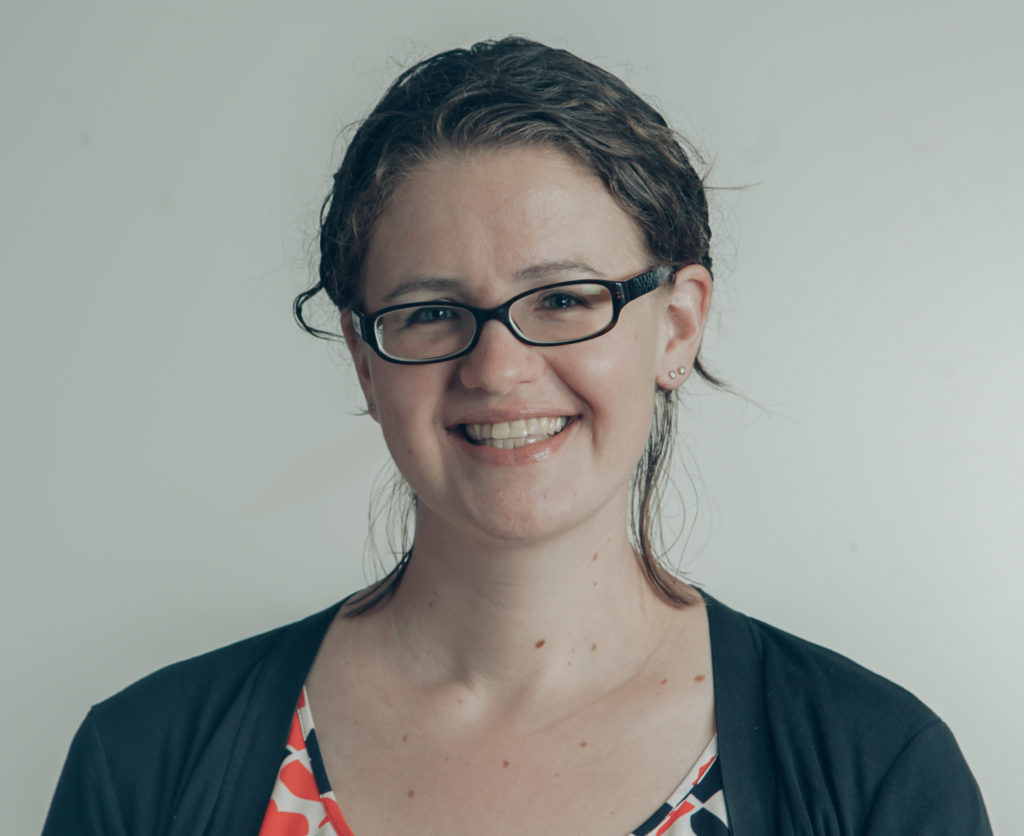

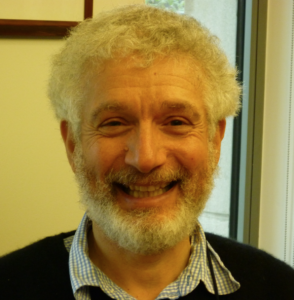
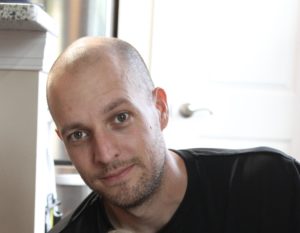
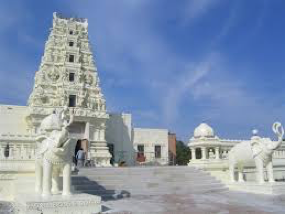
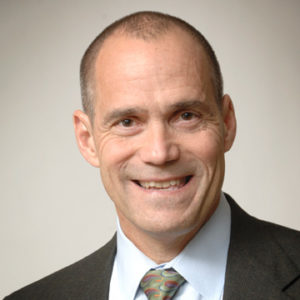 Moderated by Dr. Richard Deming, Director of the Mercy Cancer Center; Founder and Director of Above + Beyond Cancer
Moderated by Dr. Richard Deming, Director of the Mercy Cancer Center; Founder and Director of Above + Beyond Cancer 